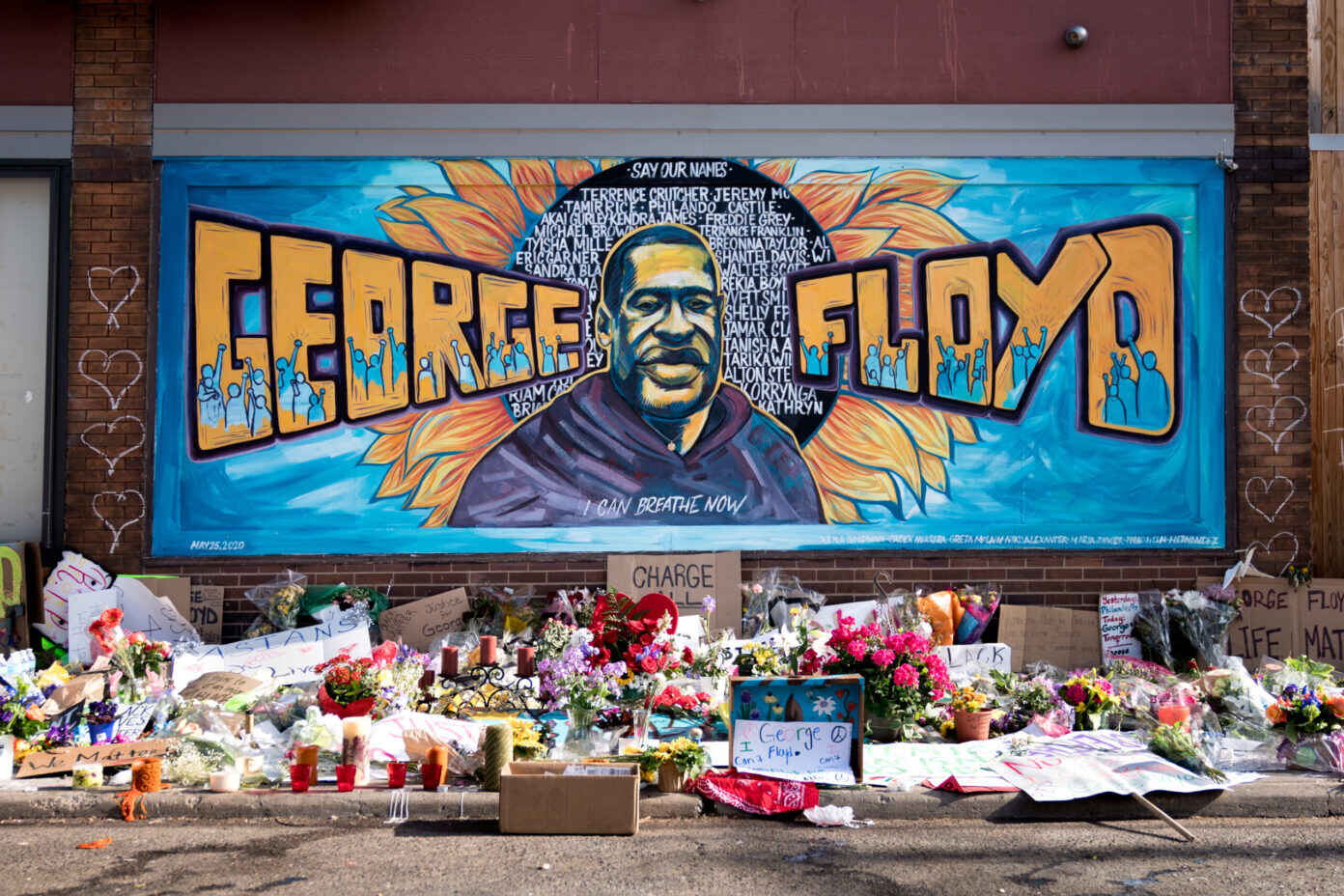Systemic Racism and Policing: How Can Public Health Advocates Grapple with the Dual Challenges of Systemic Racism and Discriminatory Policing?
July 30, 2020
Overview
Following the killing of George Floyd localities have increasingly declared racism to be a public health emergency or crisis. Despite growing recognition of the fact that racism is a key contributor to poor health in communities of color there is still insufficient attention to the role of policing and systemic racism as institutions that have powerful impacts on the health and well-being of people of color.

This issue brief aims to fill that gap by providing an assessment of how structural racism and policing function as critical social determinants of health (SDOH) for Black people and people of color generally. We highlight three areas where public health intervention is greatly needed: increased public health surveillance with respect to police encounters and use-of-force, ceasing the use of criminal or civil penalties in public health measures (such as COVID-19 social distancing orders), and refocusing efforts to understand how police violence operates as a SDOH. The aim of this assessment is to assist public health advocates in thinking through reforms that will truly promote health for communities of color.



